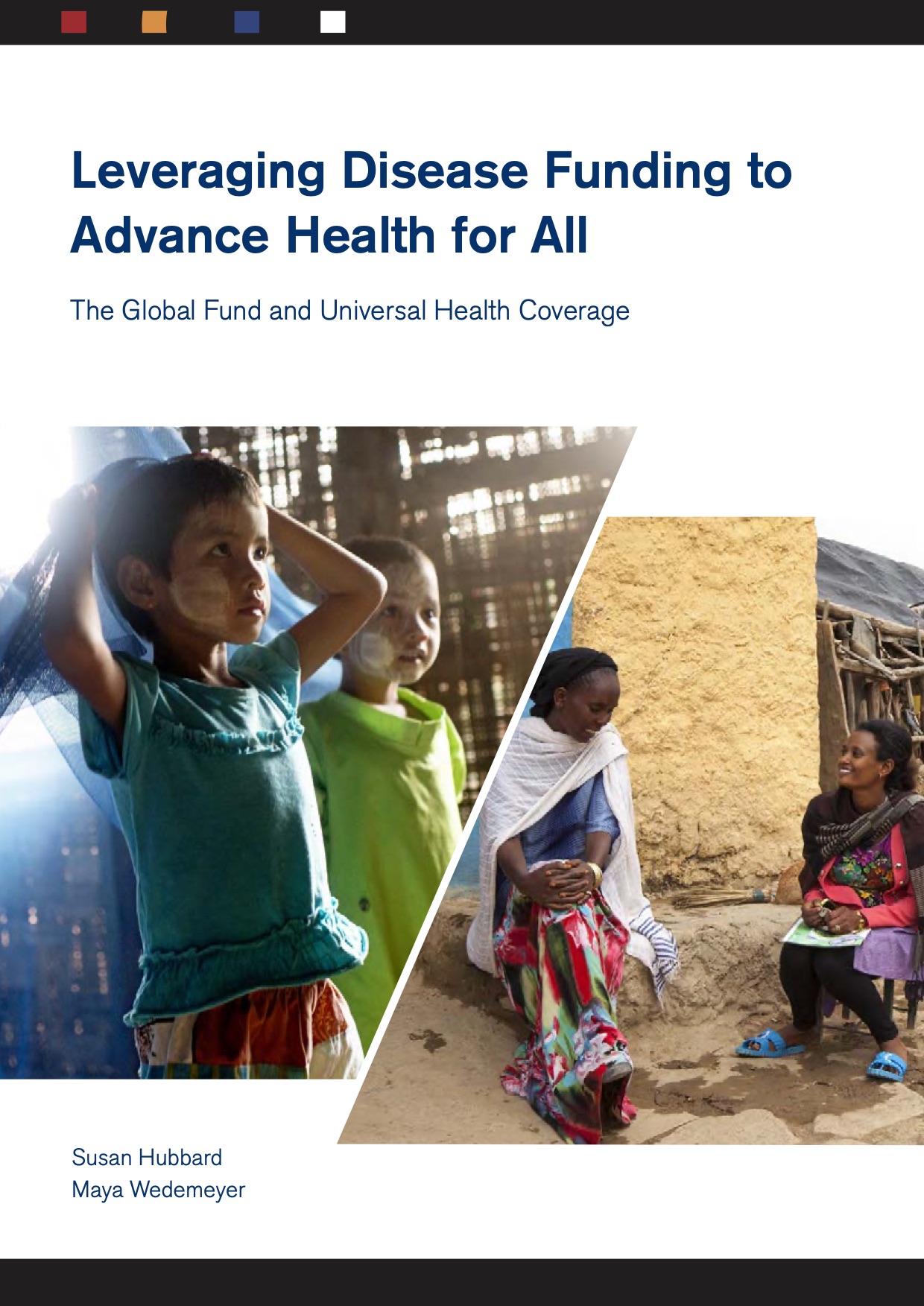There has long been a tension surrounding global health initiatives that focus on specific diseases and those that aim to broadly improve health systems and access to healthcare. That tension derives from the common assumption that channeling resources into one of these objectives diverts it from the other. However, a closer look at the impact on the ground of the Global Fund to Fight AIDS, Tuberculosis and Malaria (Global Fund) demonstrates that, if properly targeted, disease-specific approaches can complement and support efforts to attain universal health coverage (UHC).
This report is the result of work by a JCIE research team to examine those complementary efforts with the goal of providing examples of how disease-specific programs can create win-win situations in which they attain their specific goals while also contributing to UHC. The work took the form of desk-based and field research, as well as extensive discussions with staff of the Global Fund Secretariat and insights gleaned from study visits conducted by JCIE’s Friends of the Global Fund, Japan (FGFJ), to Global Fund–supported projects. In 2014, JCIE staff visited Ethiopia and Myanmar to meet with Ministry of Health officials and other experts on healthcare in their respective countries, as well as to visit facilities and programs supported by the Global Fund and hold in-depth discussions with the organizations that are carrying out the programs on the ground.
By Susan Hubbardand Maya Wedemeyer

